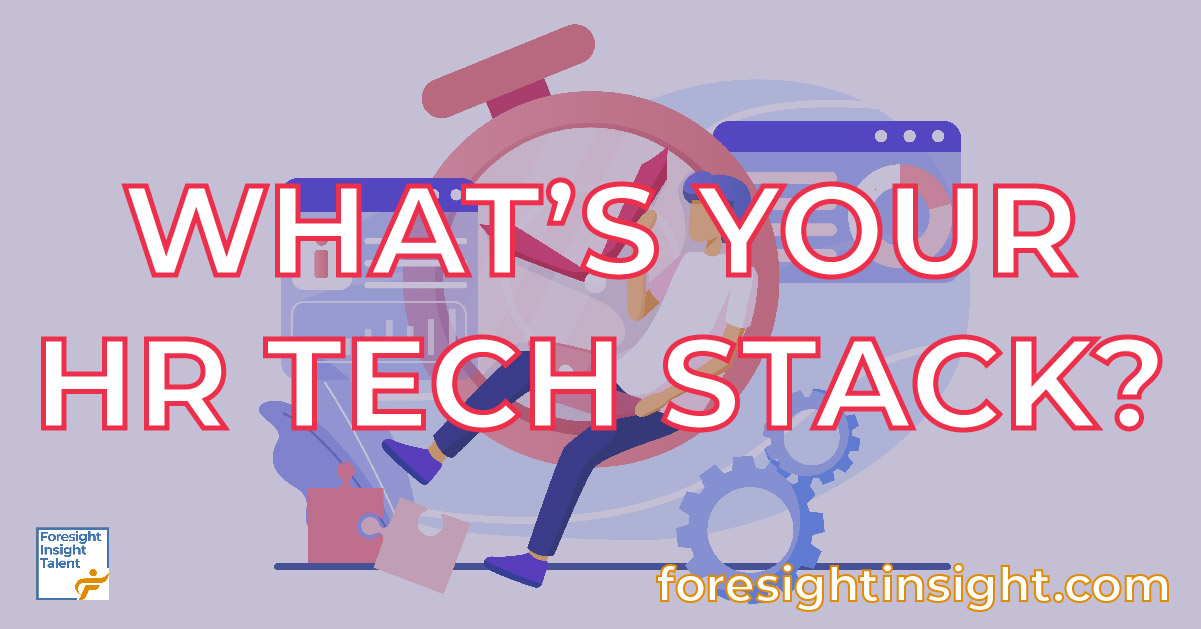People often ask if I’ve heard of this HR tool or that recruiting system. Most of the time, I have! But every so often, a new tool emerges on the HR tech scene—a startup claiming it will revolutionize HR, recruiting, onboarding, employee feedback, recognition, or employee relations.
I love technology. As an early adopter, I’ve been deeply involved in evaluating HR and recruiting systems in nearly every company I’ve worked for over the past two decades.
With experience across the various domains of People & Talent, I get more excited than ever when I come across a tool that truly “connects the dots.” I’m not talking about software that merely automates an email to a candidate using a template. I’m talking about a system that gives recruiters insights like this: they can see when a candidate they previously reached out to has recently updated their LinkedIn profile, visited a careers landing page, and has connections with a newly promoted director in a relevant team. A tool like this doesn’t replace recruiters or sourcers—it enhances their ability to do their jobs efficiently and effectively.
Today’s HR tools are evolving rapidly, with AI transforming recruiting by automating candidate matching, and remote workforce management systems redefining how teams stay connected and productive. This blending of technology and human resources is what enables HR teams to spend more time on strategic initiatives and engage more meaningfully with employees.
The system I mentioned above combines employer branding, sourcing, recruiting, and HR, creating real value when team members are trained to use it to its full potential. Pairing this tech with the strategic aspects of their day-to-day work enables a far more impactful approach.
Whether you have a stack of six tools covering the recruiting-to-employee lifecycle with seamless integrations or just one or two essential systems, your “HR tech stack” can make a world of difference. A well-integrated tech stack isn’t just about efficiency; it’s about elevating HR’s role in strategic planning. With the right tools, HR teams can predict talent needs, support a remote workforce, and keep pace with a constantly evolving business landscape.
Looking forward, HR technology will likely lean even more into AI and data analytics, helping teams anticipate talent trends and address remote workforce challenges head-on. The future of HR tech lies in making talent management both proactive and deeply personalized.
I love talking HR tech, so if you’re thinking about evaluating your own tech stack, let me know. I may not have heard of every HR tool, but I’d be thrilled to hear about it, discuss the “why” and “how” of using it, and—most importantly—explore the kind of foresight and insights it could bring to your business. What would your team achieve if you could predict hiring needs or identify engagement challenges before they become obstacles? The future of HR tech promises to make these aspirations a reality.
I look forward to talking shop with you!

